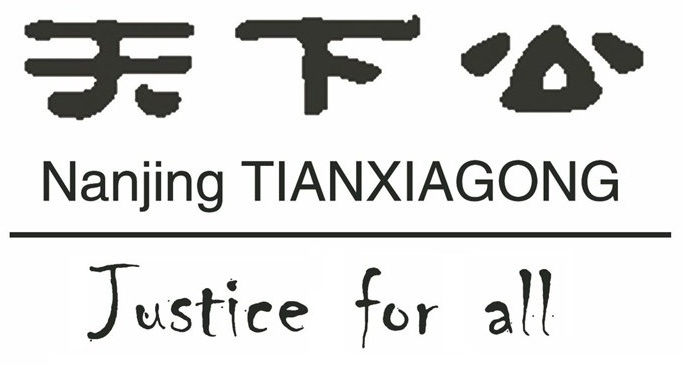Below is the letter Asia Catalyst Executive Director Sara “Meg” Davis sent October 5, 2012 to Michael O’Connor at The Global Fund, commenting on the Fund’s new funding model.
Dear Mr. O’Connor,
Thank you and Ms. Wong for sharing the Global Fund’s new funding model and inviting us to join the call this week. We strongly support the Global Fund’s efforts to redesign the funding mechanisms and as part of the Developing Country NGO Constituency, and appreciate the opportunity to comment on he proposed new plans.
As you know, Asia Catalyst works with networks and CBOs led by sex workers, drug users, MSM, people living with HIV/AIDS, ethnic minorities and other communities directly affected by the three diseases in China and Southeast Asia. Our work focuses on capacity-building of these groups and networks, especially in the areas of nonprofit management, community mobilization, and human rights. Civil society is growing rapidly in East and Southeast Asia, thanks in part to the Global Fund’s financial support and to its promotion of the principle of community consultation.
Most of our work is in China, where Global Fund support has helped to develop a flourishing
community of CBOs. Based on our consultation with these groups, we are encouraged that the new funding model will include a band of funding for Most At-Risk Populations (MARPs) and we urge the global Fund to ensure that funding is available for MARPs in countries that may not be eligible to submit proposals, such as China.
The Global Fund’s planned exit from China has not yet inspired the national government to rush to fill the gap in civil society support. Given the widespread and severe restrictions on freedom of expression and freedom of association in China, it is extremely challenging for Chinese activists to advocate on their own behalf. When we meet Chinese CBOs in workshops, conferences and other settings, they express great anxiety about the future and about their ability to continue to provide treatment, care and support to their communities once the Global Fund leaves. Please do all you can to ensure that the new funding model includes these past GF partners.
We will share this letter with our CBO partners and we thank you in advance for taking these
recommendations under consideration.
Sincerely,
Sara L.M. Davis
Executive Director





